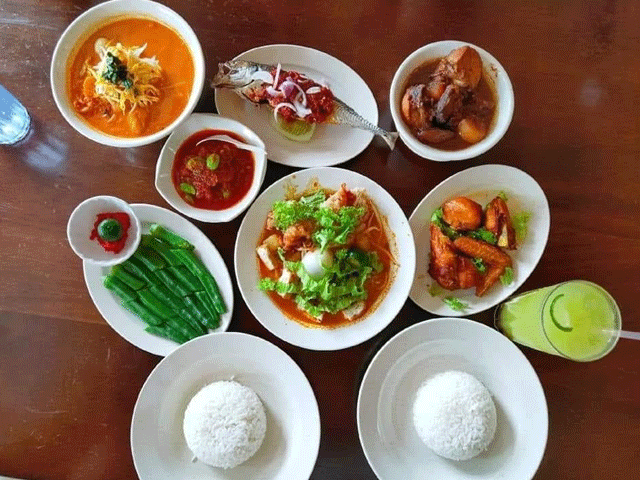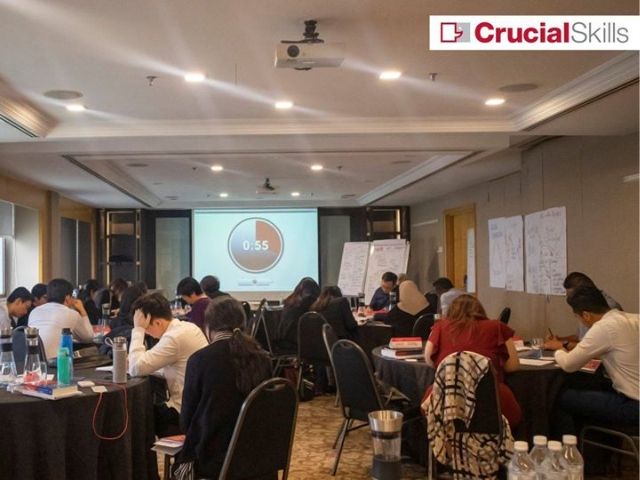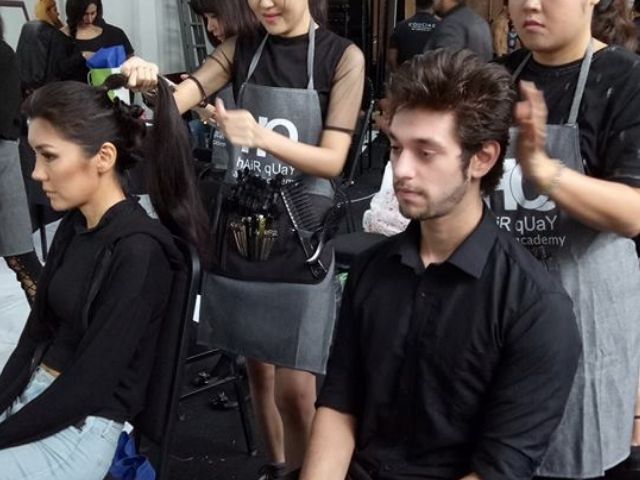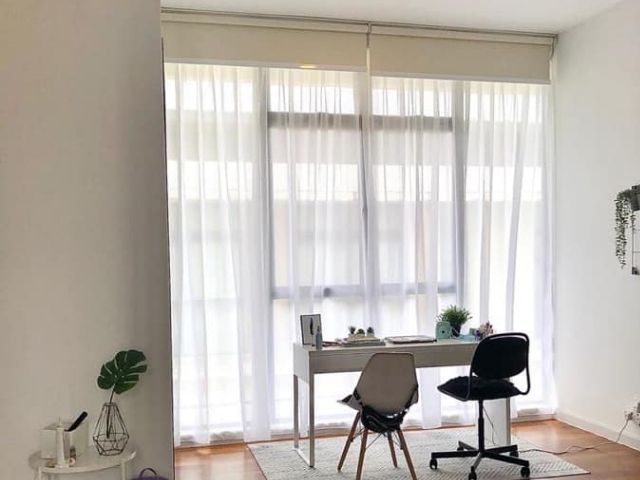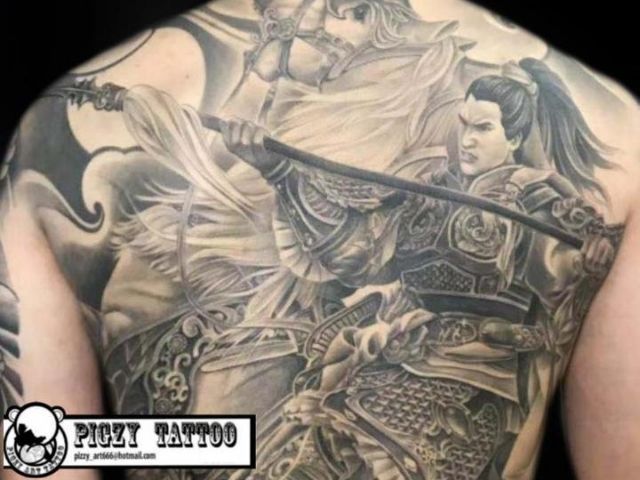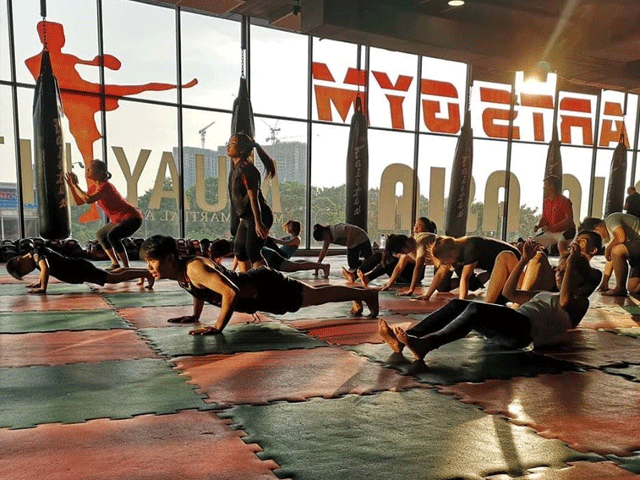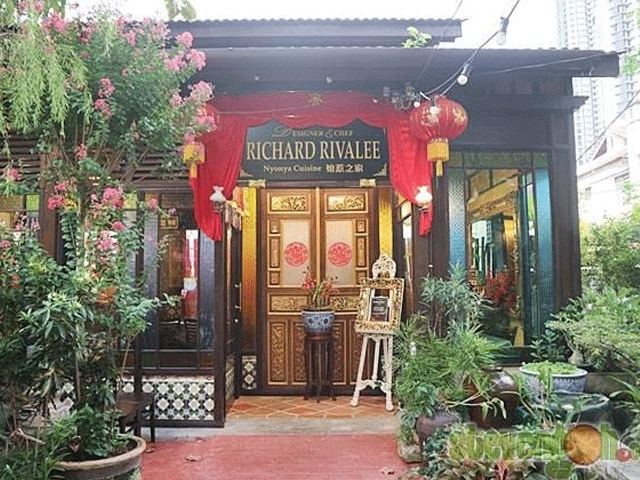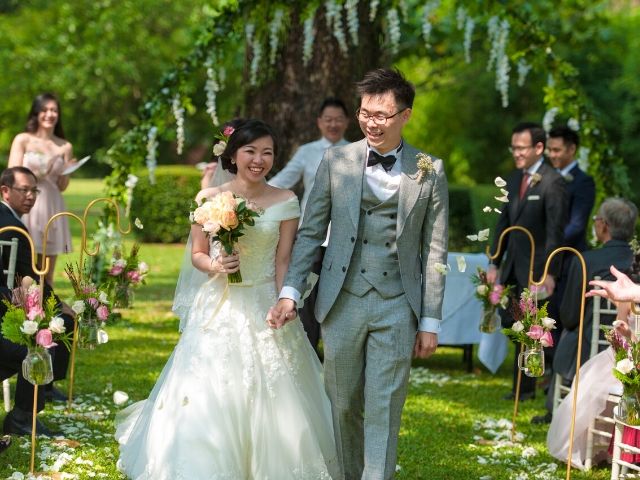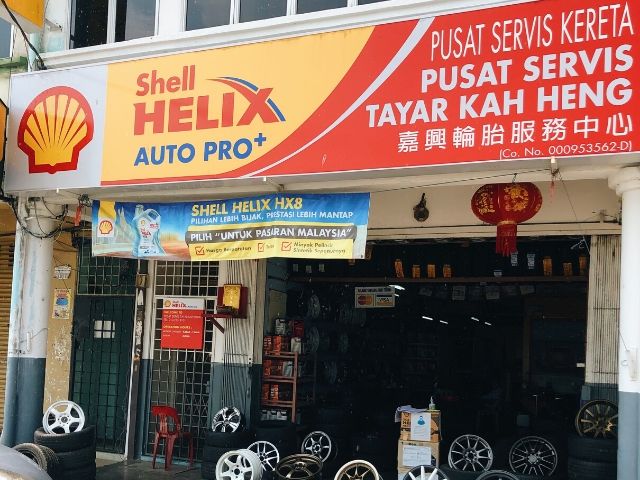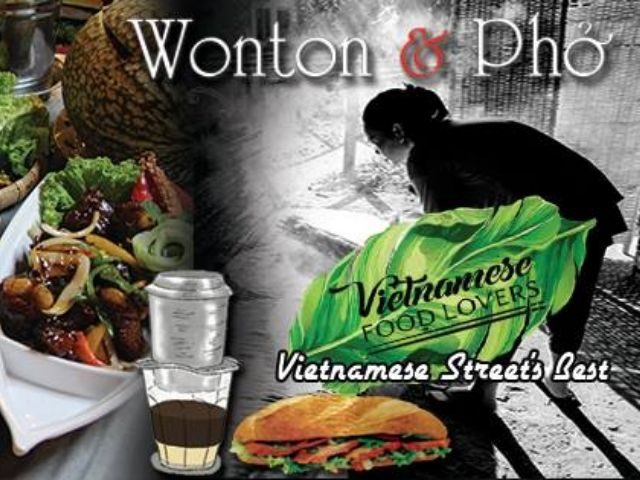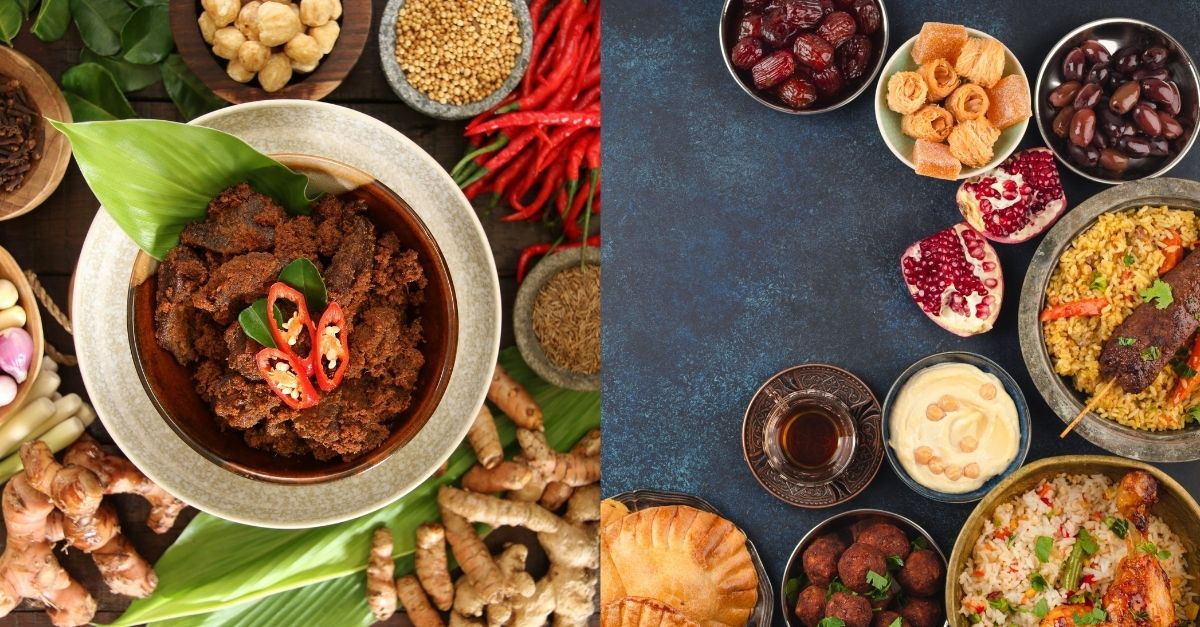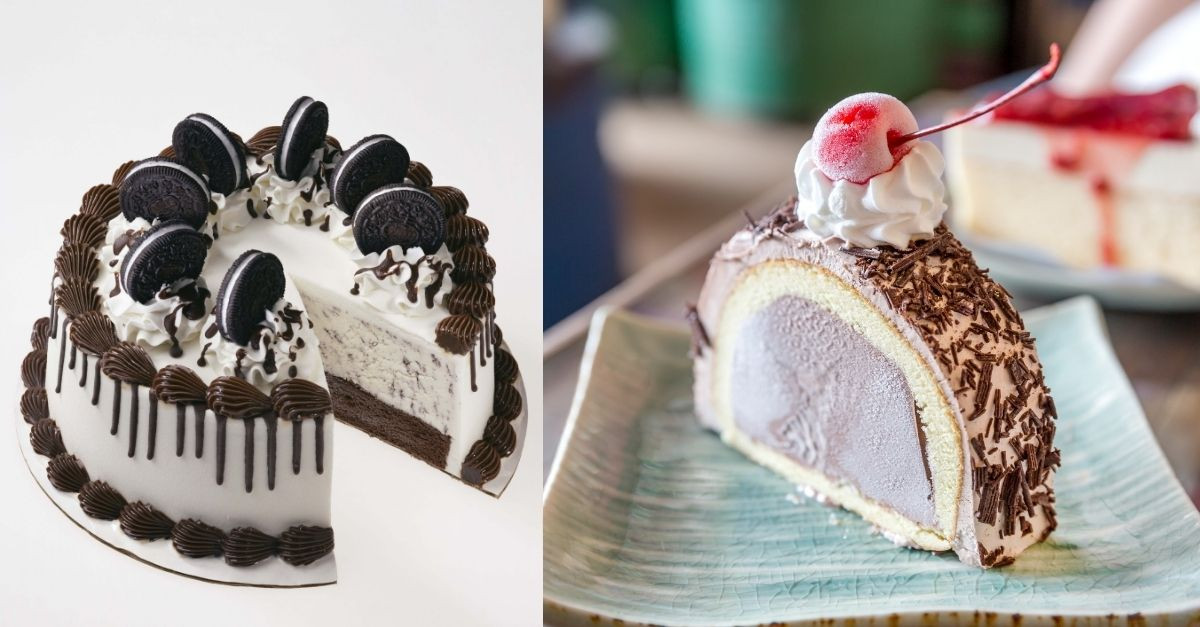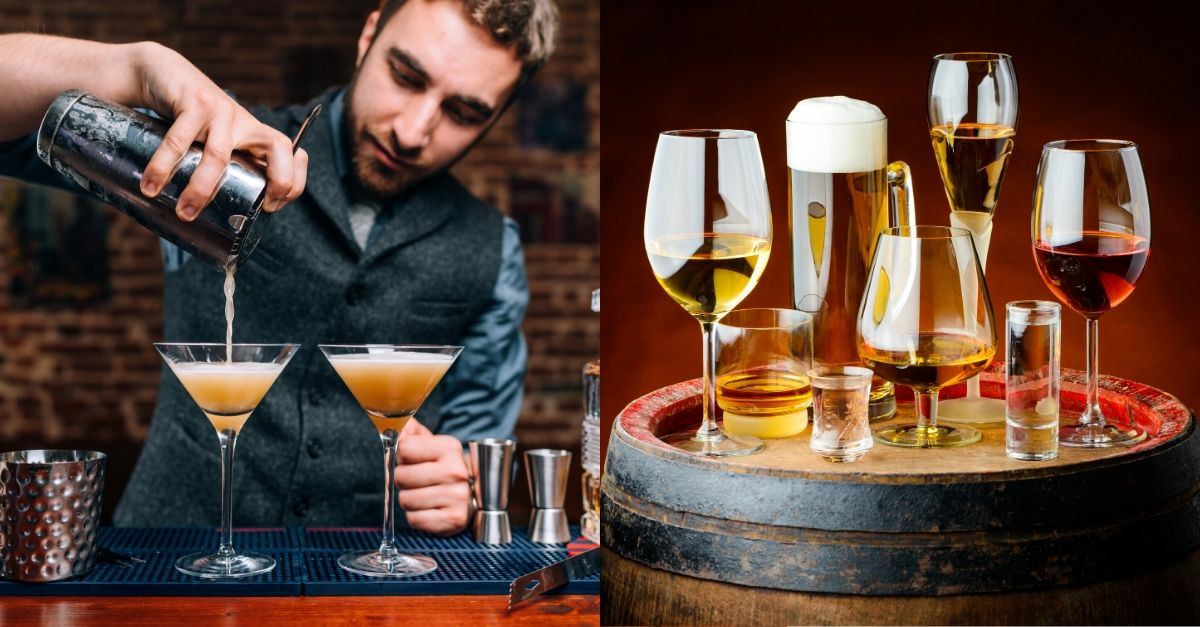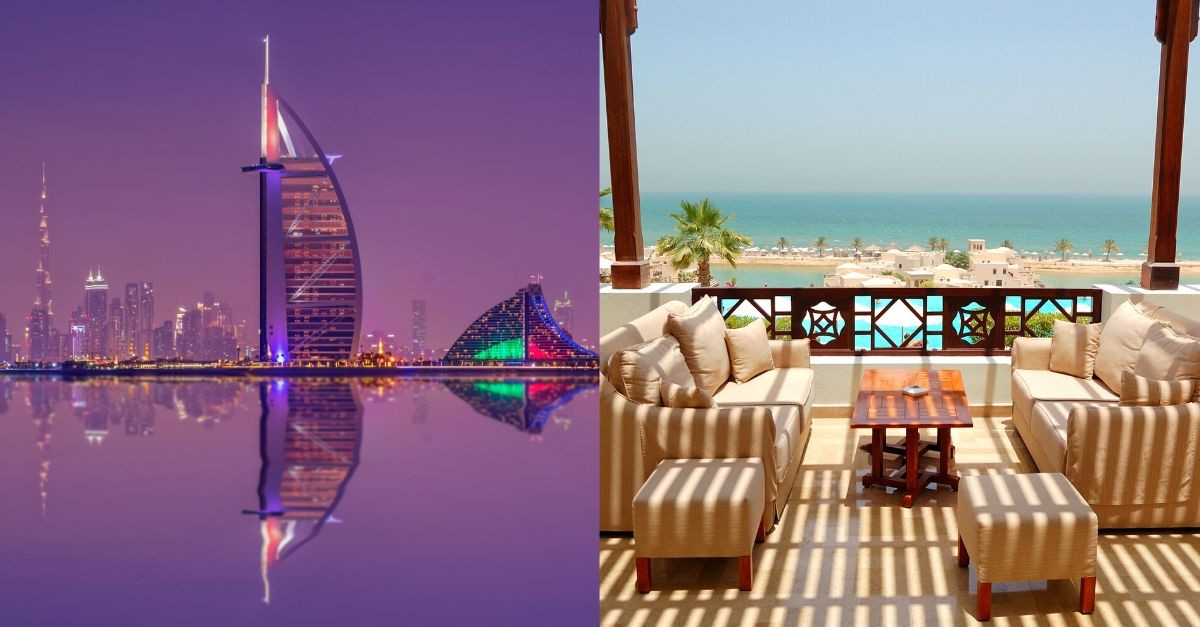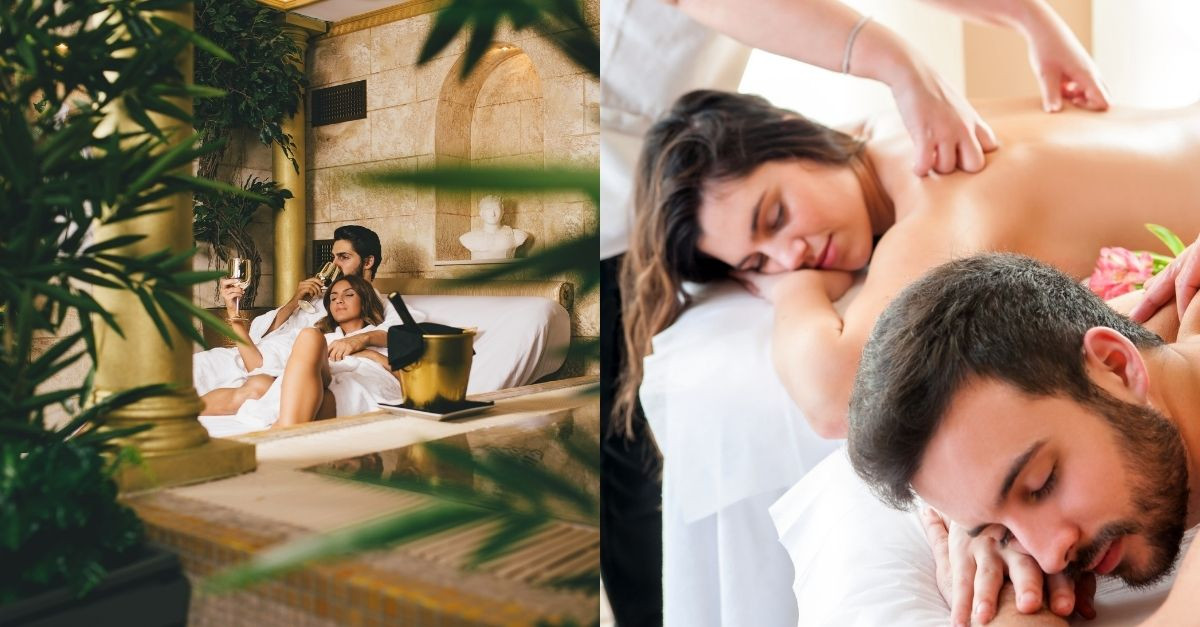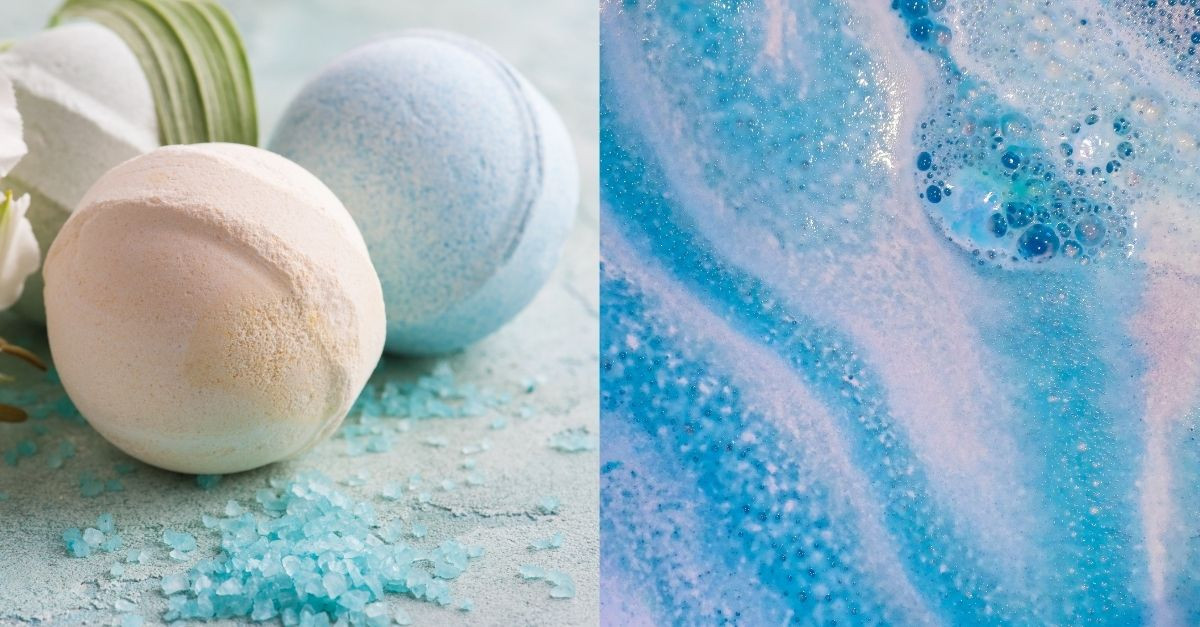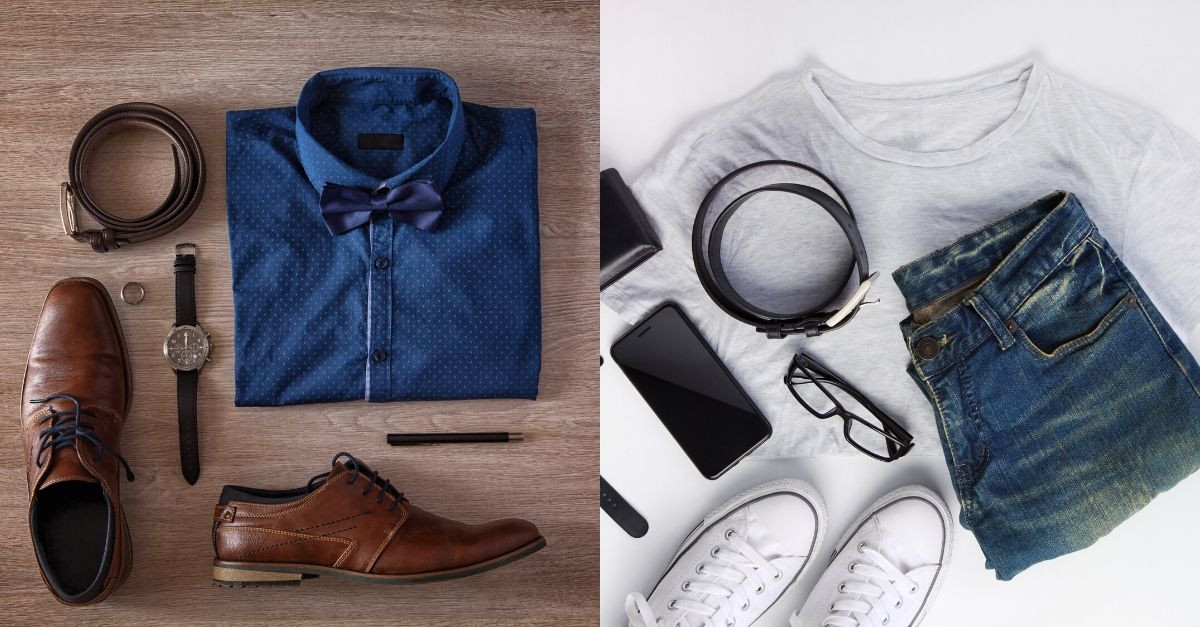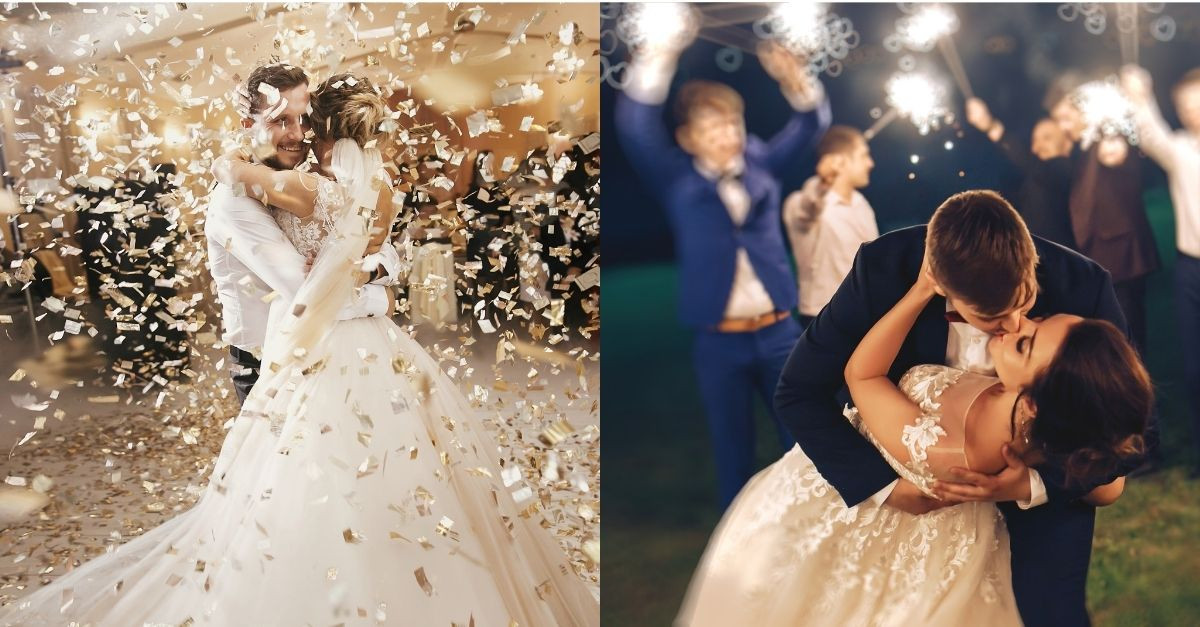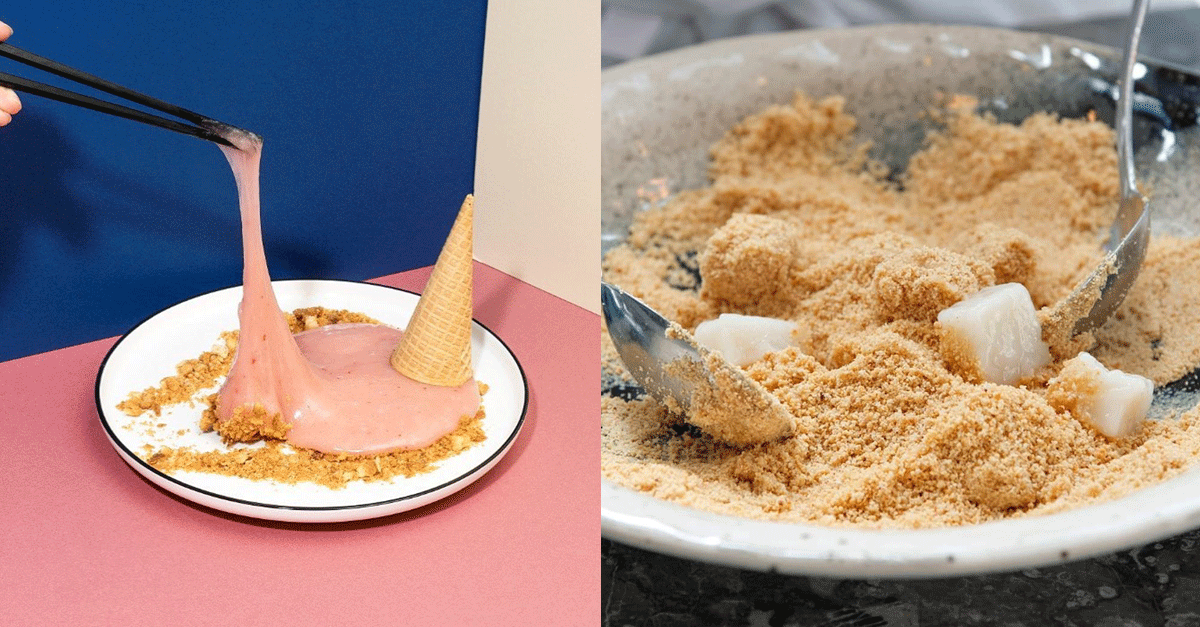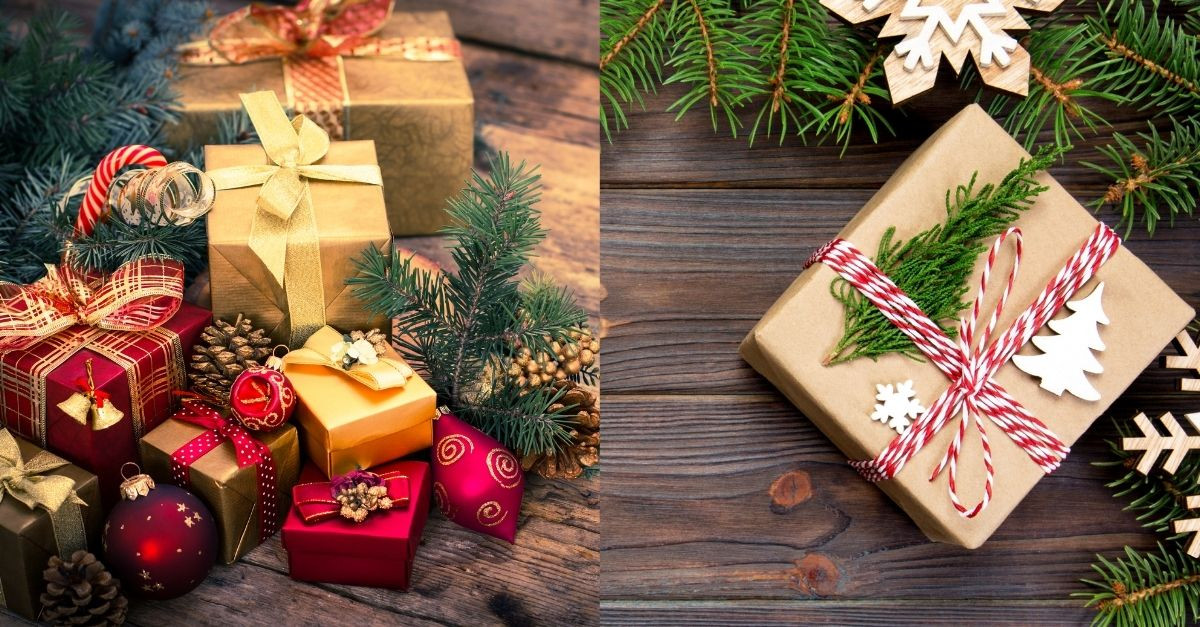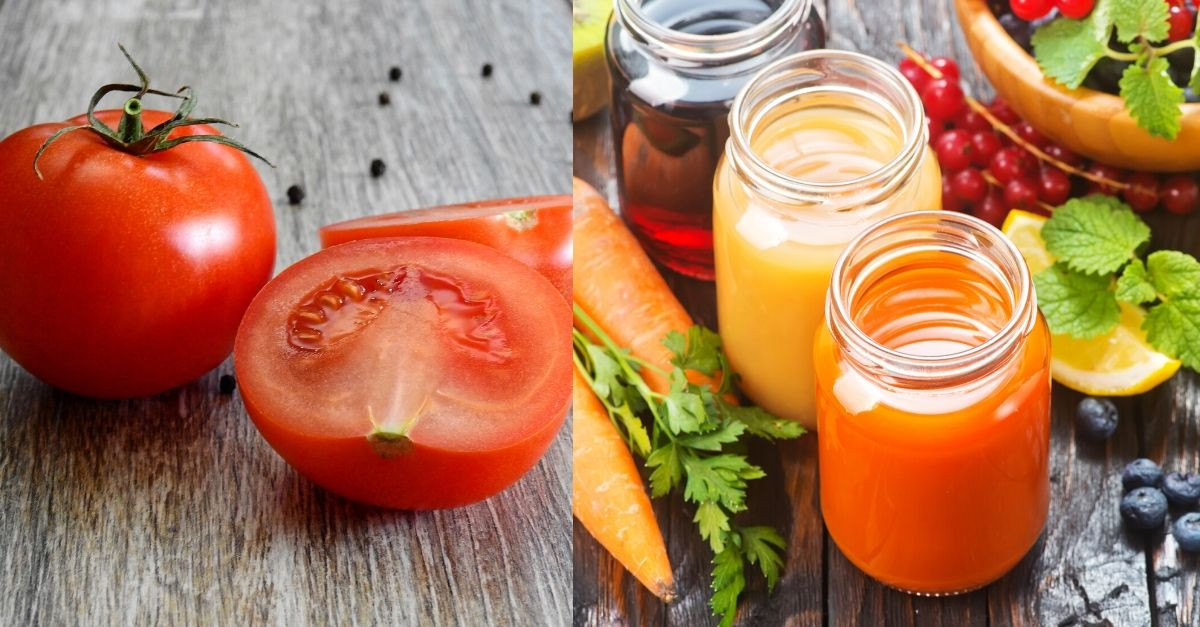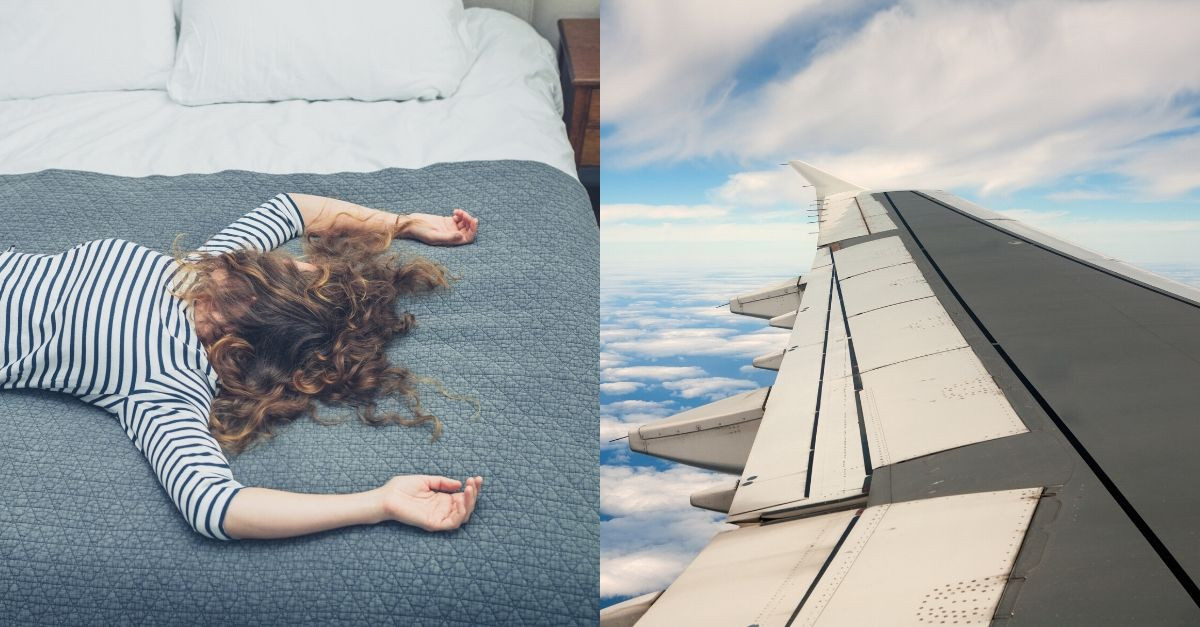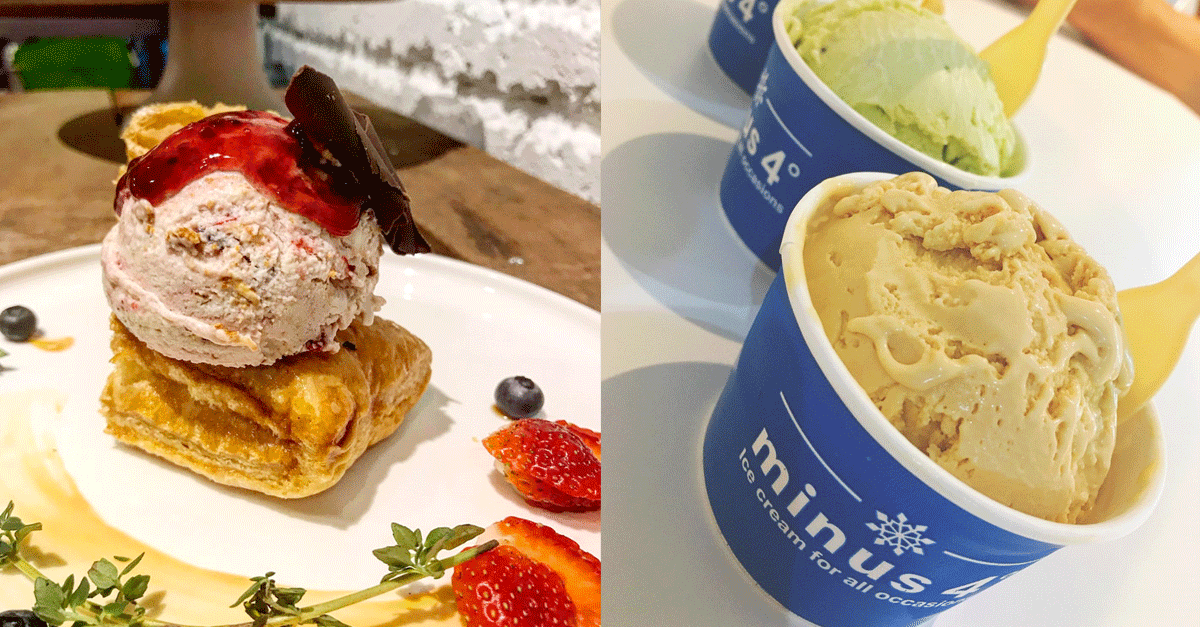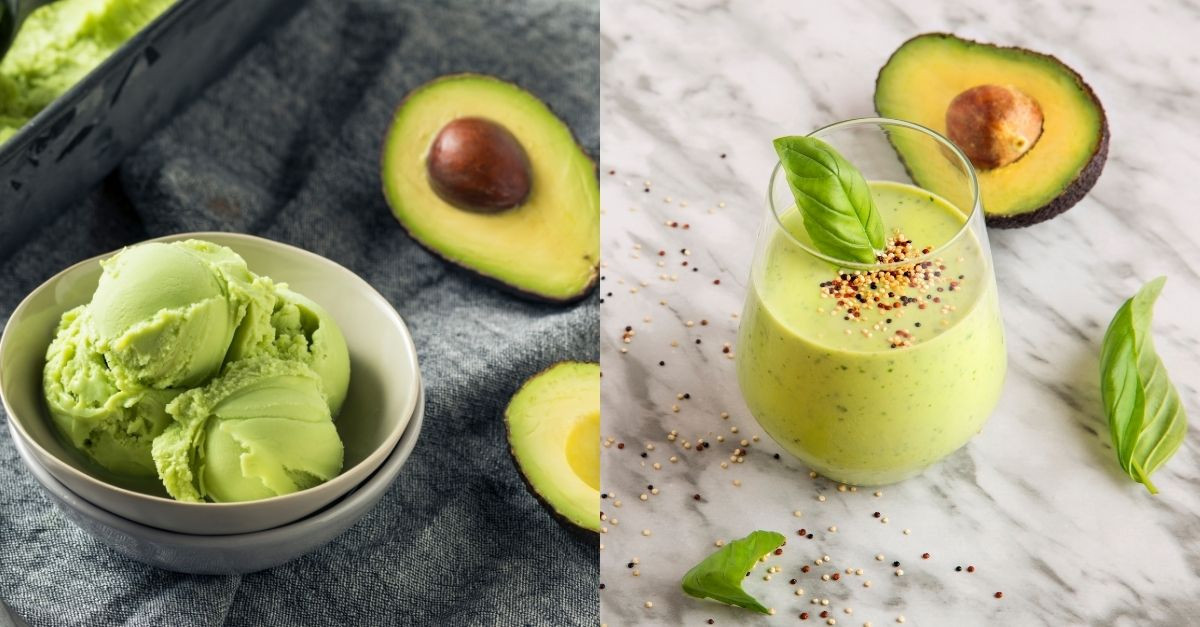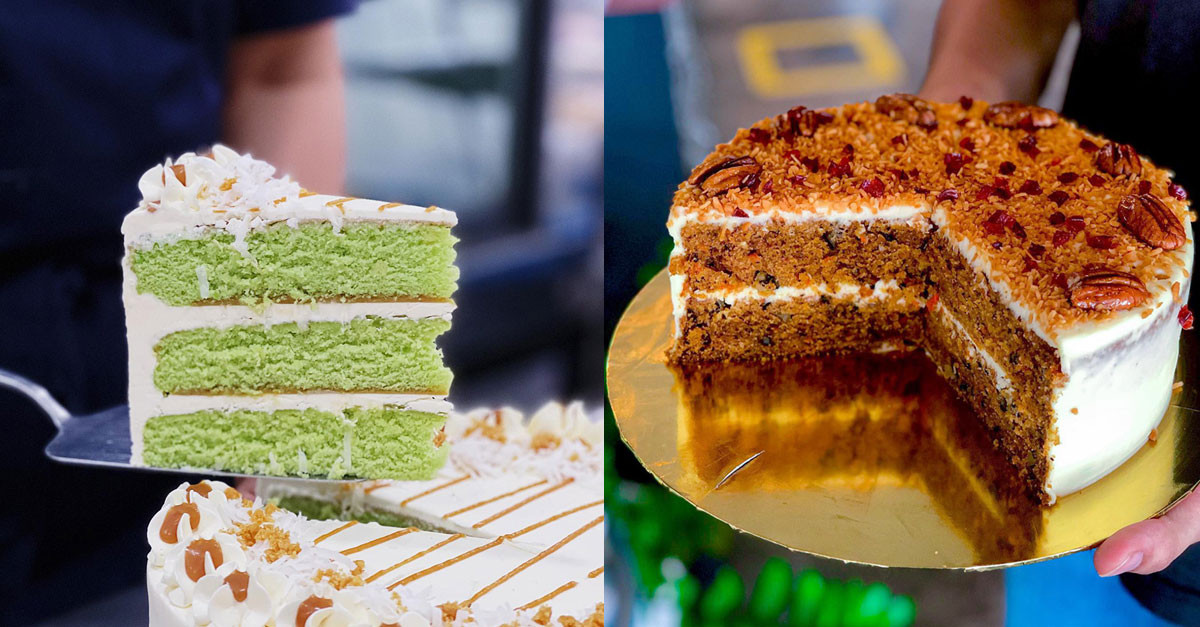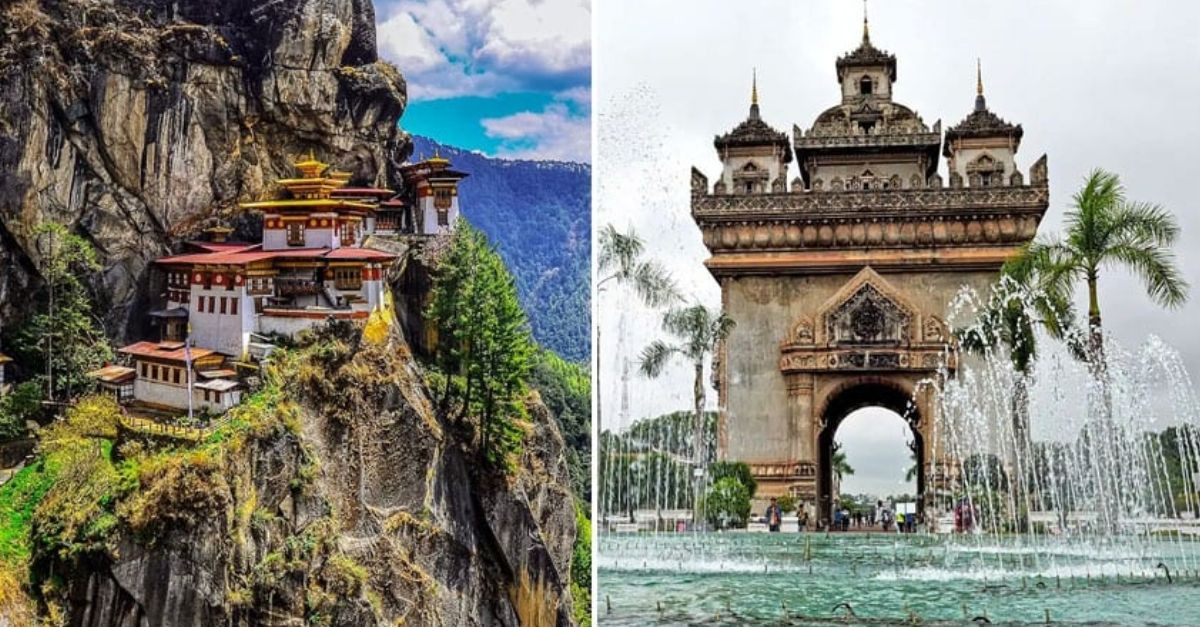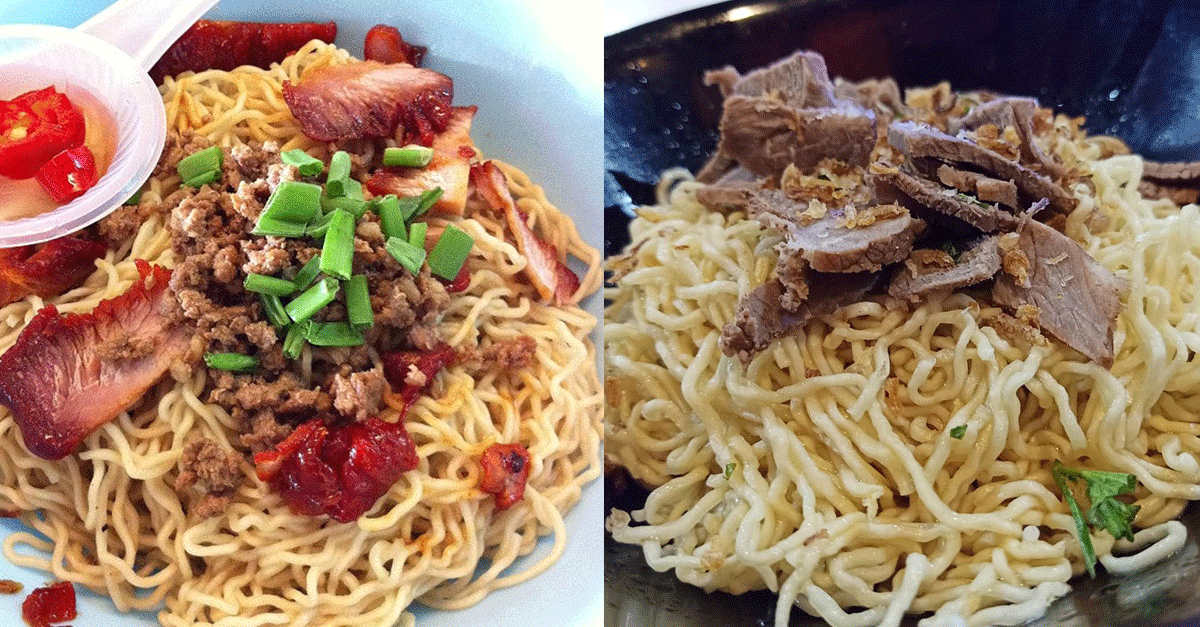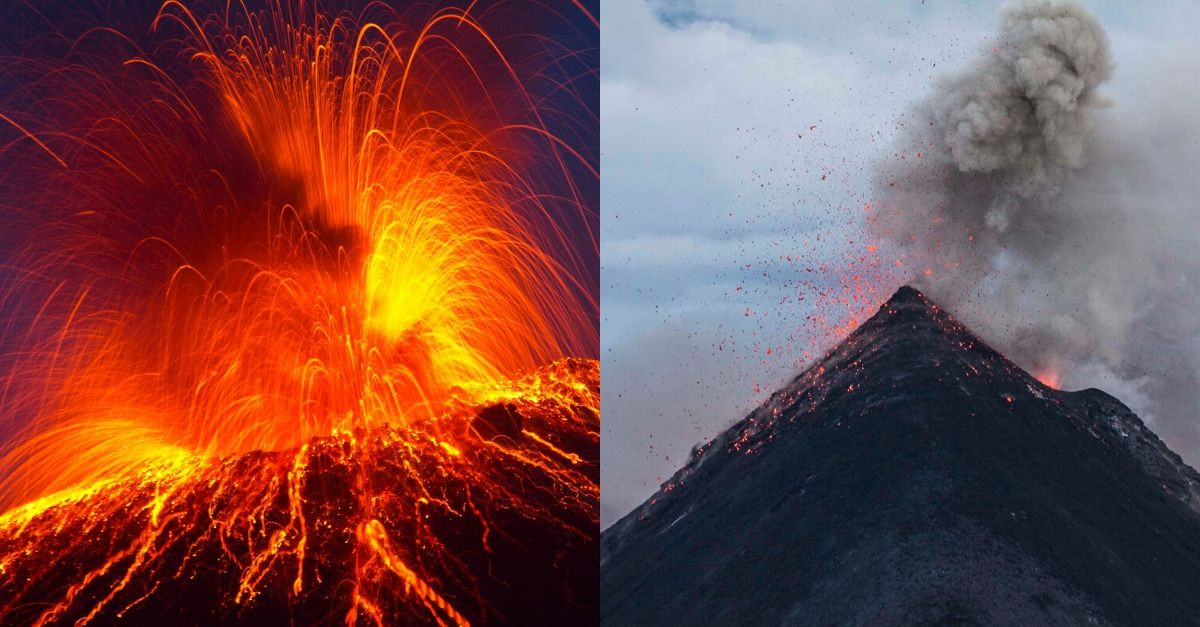A Brief Introduction To Baba Nyonya Culture In Malaysia
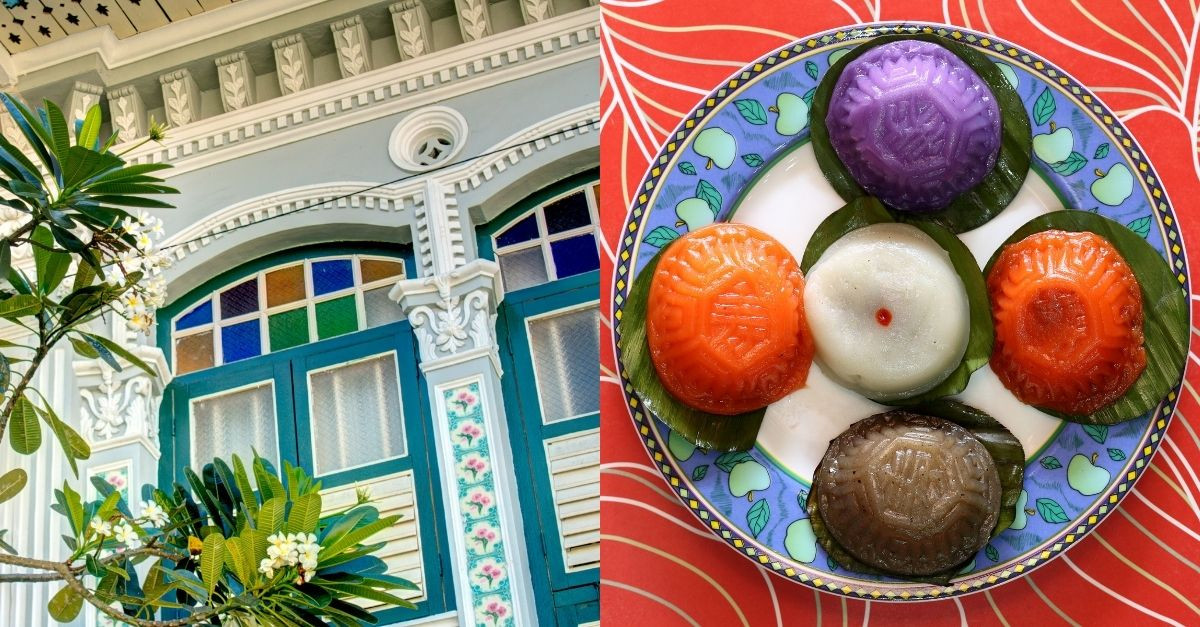
The Baba Nyonya culture is one associated with certain areas of Southeast Asia, namely Malaysia, Singapore, Indonesia and Thailand. In Malaysia, the areas where Baba Nyonya culture is most prevalent are Malacca and Penang. According to historical records and sources, Baba Nyonya culture dates back to around the 1400s, and throughout the years the Baba Nyonya culture declined due to their decreasing wealth due to war partly, as well as dwindling numbers as they are a unique culture. The younger generation "lost interest", but since the 1980s the Baba Nyonya culture has experienced a resurgence, and more and more people, whether or not they are Baby Nyonya descendants, are taking an interest in this unique culture. If you're looking to get acquainted with the Baba Nyonya culture, read on!
Some Baba Nyonya Culture Facts
Name
"Baba Nyonya" and "Peranakan" are often used interchangeably, but "Peranakan" is actually an umbrella term for "an ethnic group defined by their genealogical descent from the first waves of Hoklo (Hokkien) settlers in the Malay Peninsula and Indonesian Archipelago". Over time, these settlers mingled and married locals, giving way to a new fusion culture, otherwise known as the Peranakan. In fact, there are actually many different subgroups of Peranakan with many different influences, but nowadays the term "Peranakan" refers most commonly to the Chinese who intermarried with locals. They assimilated the Malay language and customers into their lives, and the men became known as "Baba", while the women "Nyonya".
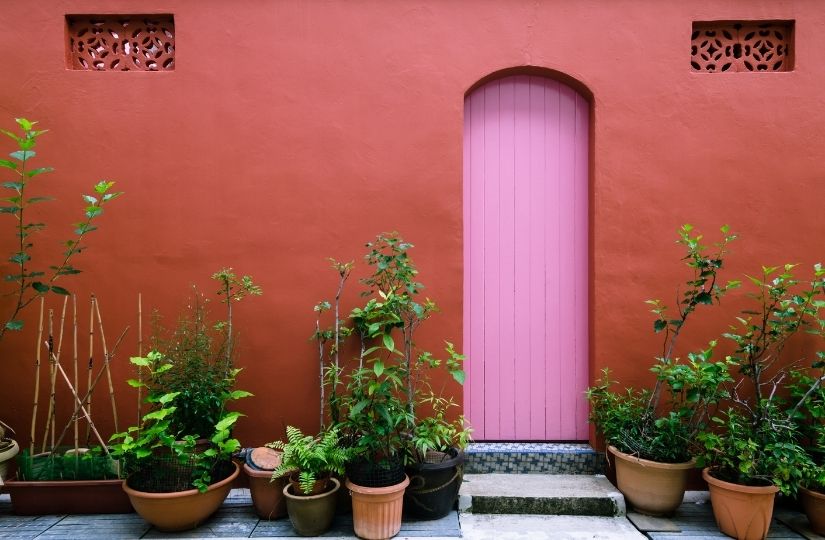
Food
The Chinese retained their heritage in terms of religion, name and ethnic identity, though their food was influenced by the Malay, in part due to the unavailability of certain ingredients, and therefore had to improvise. As such, they applied Chinese methods of cooking to Malay ingredients, or picked up on new ingredients to incorporate in their existing dishes, therefore birthing a new array of Peranakan/Nyonya food, of which some of the most popular include Laksa Nyonya, Ayam Pongteh, Chap Chye, Babi Buah Keluak, Acar, and Itik Tim just to name a few.
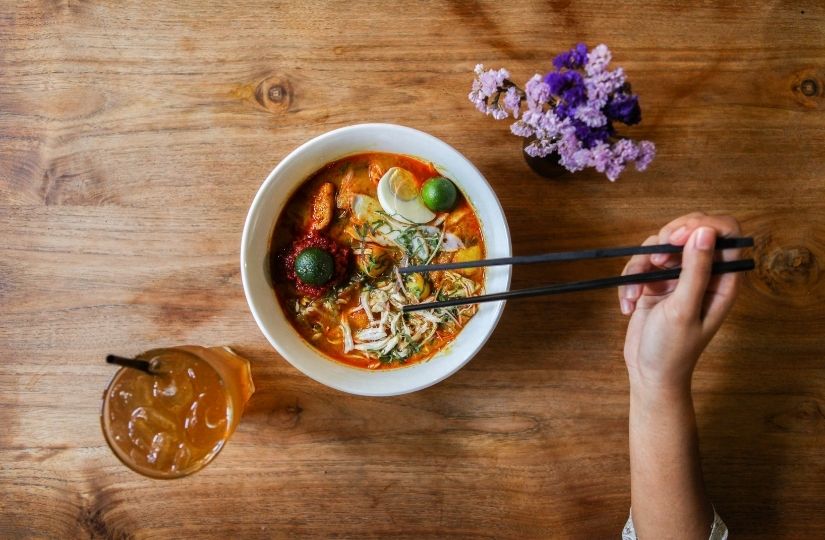
Attire
Malay influence is also evident in the Baba Nyonya's attire, and women donned kebaya and sarongs back in the day. Nowadays, Peranakan women don't wear this on a daily basis anymore, though they may wear it for special occasions or festivals. On the other hand, Babas used to wear clothing similar to hanfu, which is traditional Chinese clothing. The ladies' kebaya were often embroidered meticulously, sometimes featuring Chinese motifs, and each could cost a high price. Besides their clothing, women are wore beaded slippers (sometimes handmade), known as kasut manik.
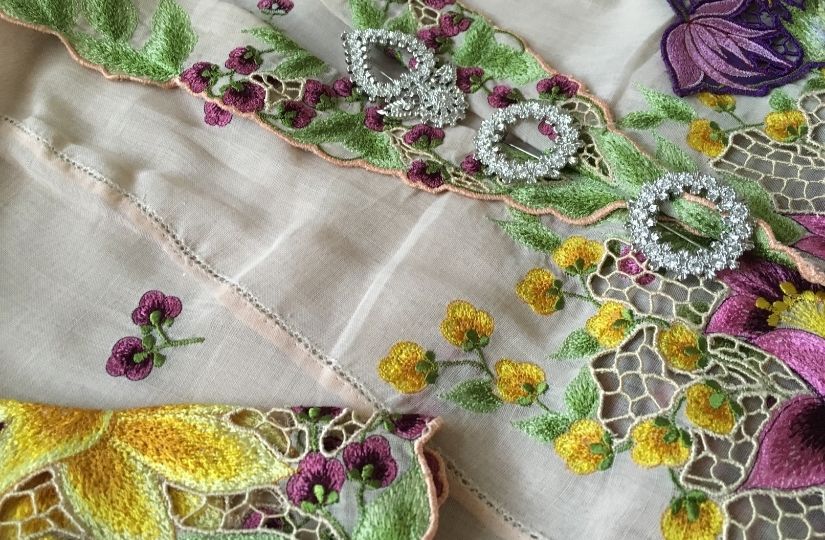
Language
In terms of spoken language, some Baba Nyonya speak Baba Malay, which is basically Malay (Bahasa Melayu) inflected with elements of the Chinese language as well, including dialects. Their written language remains the same as their fellow Malaysians (or whichever area they are in e.g. Singapore/Indonesia), including English, Malay and Chinese mainly. As such, there's no language barrier between Peranakans and non-Peranakans.
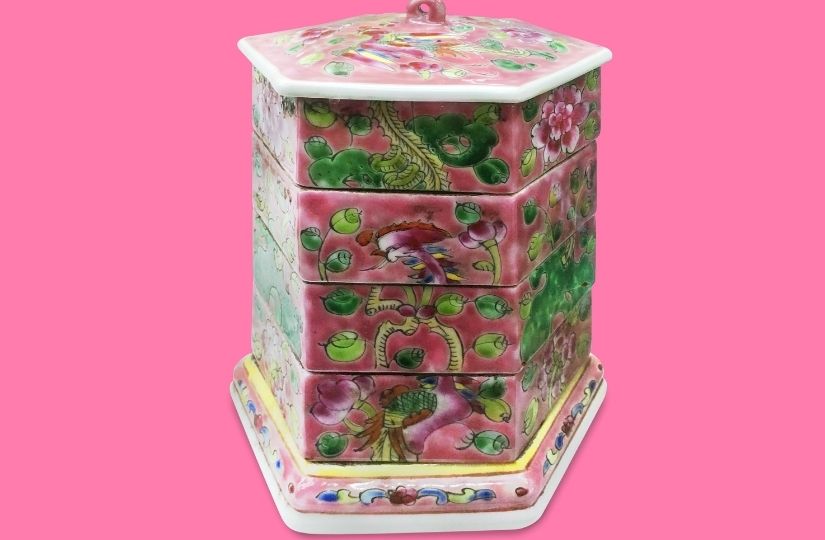
Other Fun Facts
- Modern Peranakan/Baba Nyonya are identified via self-acknowledgment and tangible culture such as food and attire. They don't look a certain way, and are only known when they mention as being Baba Nyonya.
- In the past, Nyonyas were always at home, mainly in the kitchen, and their cooking ability determined their worth in the community.
- The 17th-century Malacca architectural buildings are among the oldest Baba Nyonya settlements in the country, where their front of houses are usually heavily decorated with bright tiles, wooden shutters, large golden Chinese characters on black signboards, and elaborate doors. Their houses combine Victorian, Chinese and Malay elements, making them unique among others.
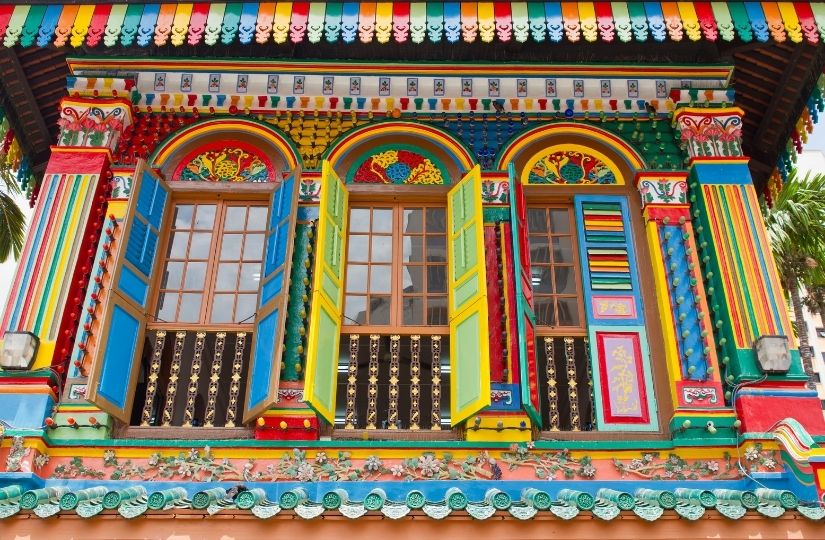
Discover Nyonya food for yourself in three different locations in our country: KL & Selangor, Malacca, and Penang!











